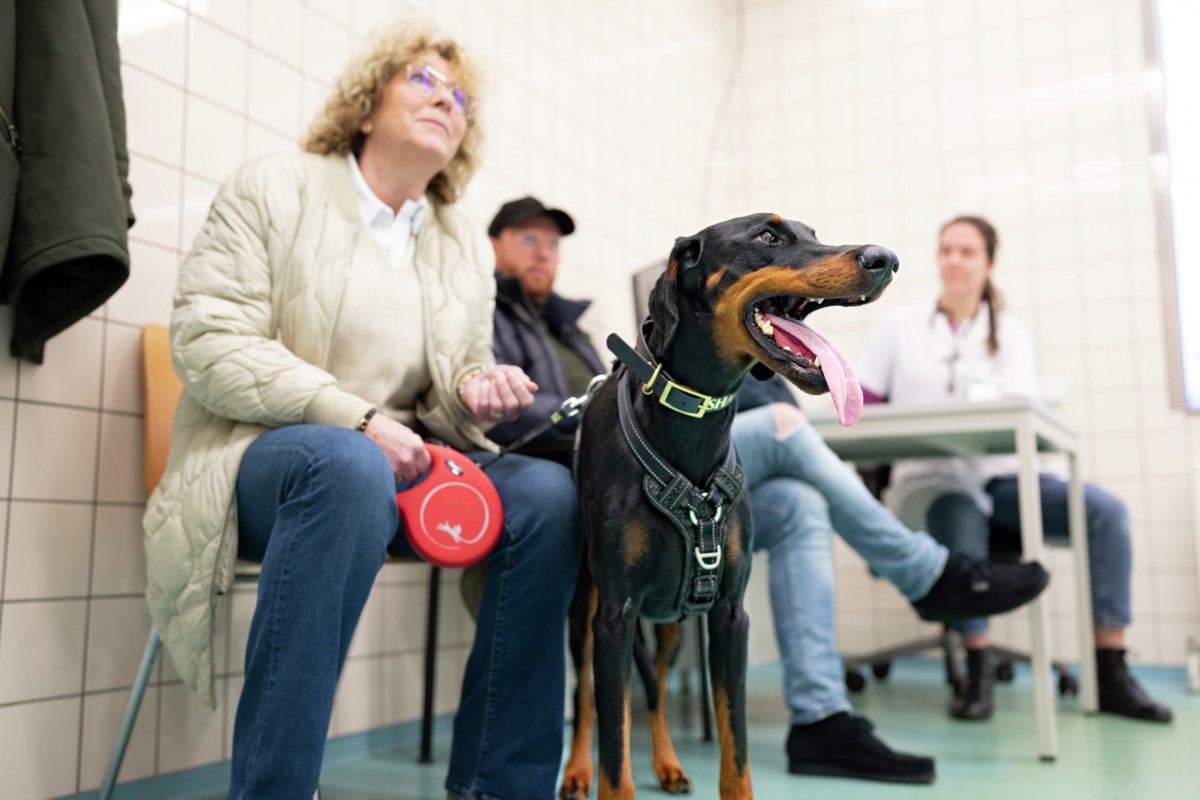Heart disease research in Dobermann patient replaces animal experiments
1 year agoA team of researchers from Utrecht University and UMC Utrecht has received a grant of 936,587 euros from the ZonMw Open Competition.
The team received the grant for research into a serious heart condition that affects both humans and dogs, especially Dobermanns. They will study data from Dobermanns that come to the Animal Hospital for diagnosis and treatment, making animal testing for this cause virtually unnecessary.
In the project, researchers in animal and human medicine are working intensively together. The heart condition that will be studied is a widened heart, or dilating cardiomyopathy (DCM). The patient develops increasing arrhythmias and shortness of breath.
The disease is studied in Dobermanns, among others, which have a high predisposition to it. When Dobermann patients come to Utrecht University Veterinary Hospital, researchers will ask their owners if their dog can participate in the study, which is not very burdensome. The researchers will look for biomarkers (signaling substances) in the blood that indicate the initial changes in the heart muscle that eventually lead to dilation. In the future, this may allow DCM to be detected earlier. Now, the diagnosis often does not become clear until the symptoms are already severe. Sometimes DCM is not detected at all and the patient dies of acute heart failure.
Avoiding animal experiments
In DCM research, often laboratory animals such as mice, rats and pigs are used. In this research project, however, the researchers are gaining knowledge by studying DCM in Dobermann patients. The research therefore fits into a trend toward doing less animal testing and gaining more knowledge from animal and human patient data.
Researcher Frank van Steenbeek: “It is a nice collaboration at the interface of human medicine and veterinary medicine. Comparable specialists from the UMC Utrecht and the Veterinary Hospital are involved. This allows us to prevent animal testing while accelerating the development of effective screening methods and treatments for both humans and dogs with this condition. My dream is that in the future we will be able to better treat both dogs and a group of not yet understood cases in humans.”
It is increasingly common for veterinarians and medical specialists from medical centers to work together to find or improve treatments for humans and animals. This also happens, for example, in research on osteoarthritis.


